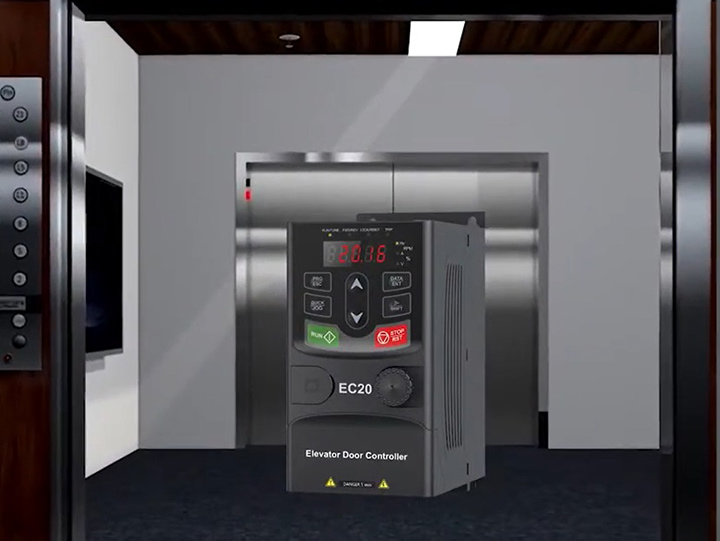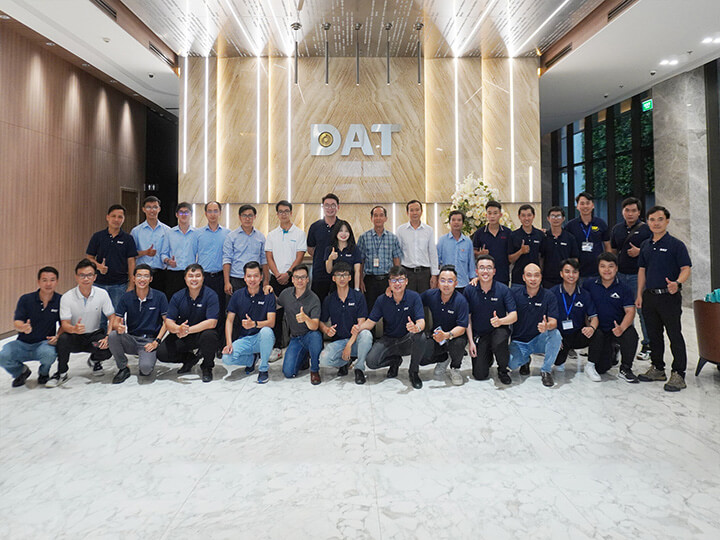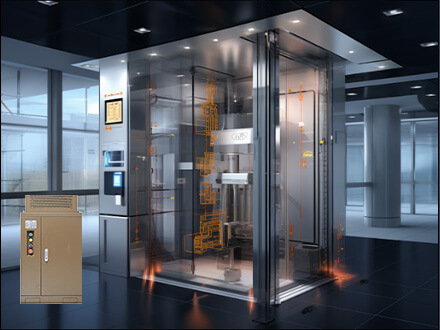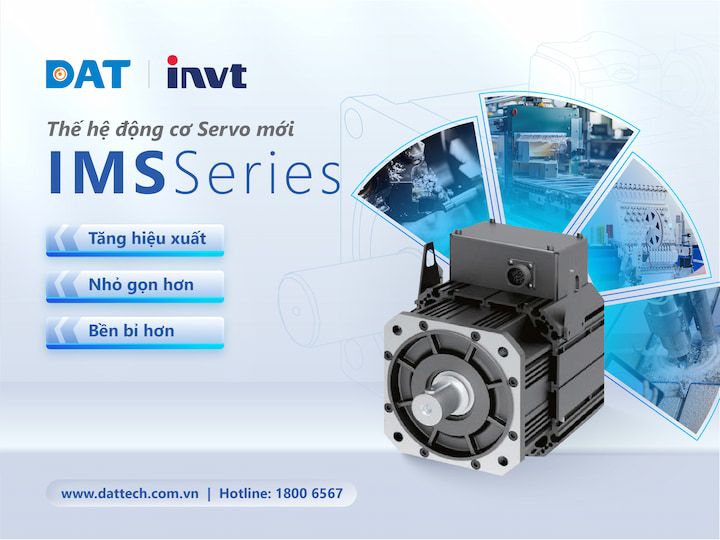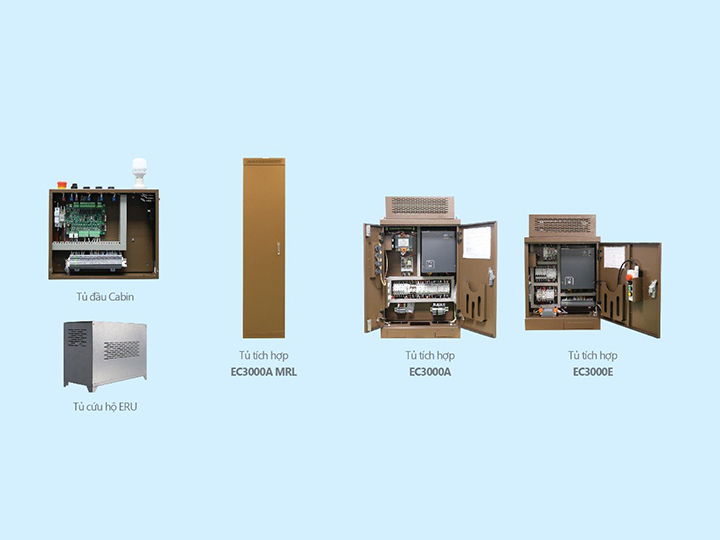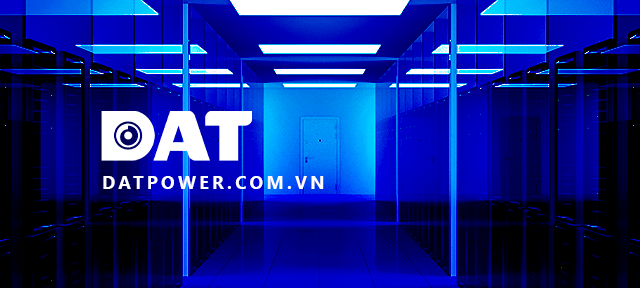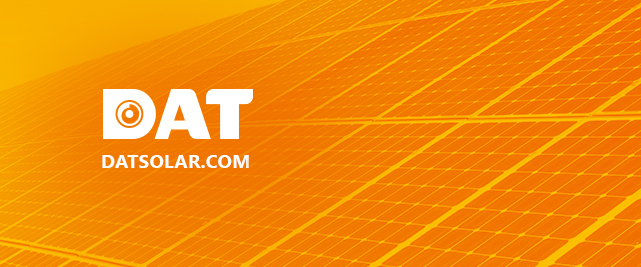Advantages and disadvantages of VFD
In the era of Industry 4.0, inverters have increasingly been improved in terms of features and meet a wide range of control requirements from simple to complex. However, alongside the advantages, inverters still have limitations. Let’s explore the pros and cons of inverters through this article!
Advantages of Inverters
Today, inverters are widely used in most industries and bring numerous benefits to users.
- Easily adjust motor speed
- Can be used for both synchronous and asynchronous motors
- Suitable for various applications
- Operates in harsh environments
- Saves energy
- Stable operation
- Allows for extended adjustment ranges and enhances the dynamic properties of the system
- Comprehensive motor protection functions: overcurrent, high voltage, low voltage, overheating, phase loss, phase imbalance, output wire breakage, overload…
- Easy to connect, monitor, and control remotely
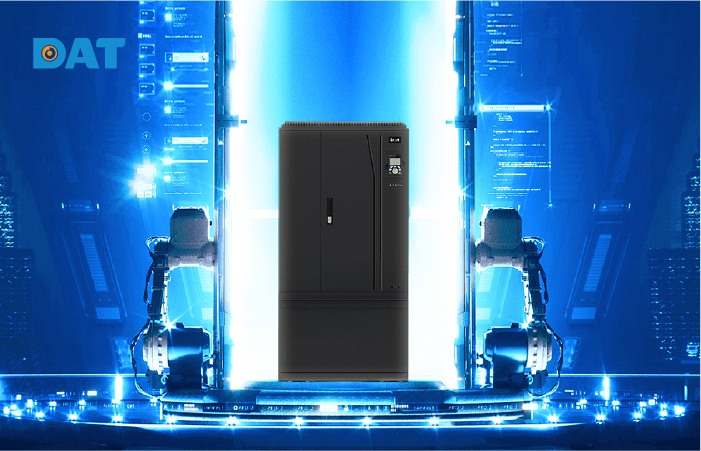
Disadvantages of Inverters
With the strong development of science and technology, inverters have been researched and improved by many manufacturers with new features and have overcome some limitations. However, to use inverters correctly and achieve high efficiency, users need to have technical knowledge to choose the right inverter and apply specialized solutions to optimize the system. Additionally, users must maintain and service inverters according to the manufacturer’s recommended schedule to ensure they do not suffer sudden failures.
In a diverse market with various types and prices, investing in inverters for machinery systems is no longer a luxury as it was 10 years ago. Nevertheless, if you do not choose a genuine, high-quality product supplier with dedicated warranty and maintenance services, you will face many risks, not only failing to improve efficiency but also suffering economic losses. For an effective inverter investment strategy, please contact the hotline at 1800 6567 (toll-free).


